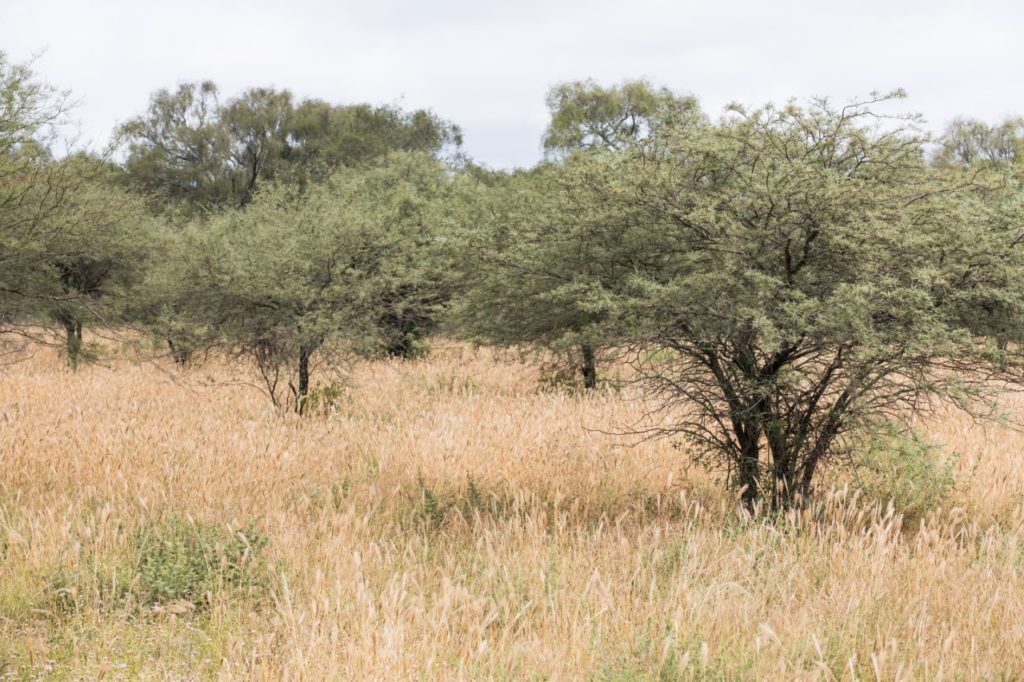The EU is one of the world’s largest importers of tropical deforestation and associated emissions, according to a new WWF report published today.
Key findings from the report show that the EU in 2017 (the latest year for which data is available) was responsible for 16% of deforestation associated with international trade, totalling 203,000 hectares and 116 million tonnes of CO₂. The EU was surpassed by China (24%) but outranked India (9%), the United States (7%) and Japan (5%).
Between 2005-2017, soy, palm oil and beef were the main imported commodities linking deforestation to consumption (embedded tropical deforestation), followed by wood products, cocoa and coffee.
During this period, the largest EU economies – Germany, Italy, Spain, the UK, the Netherlands, France, Belgium and Poland – were responsible for 80% of the EU’s embedded deforestation through their use and consumption of forest-risk commodities.
The EU has a big leverage on some sectors associated with deforestation: it was the second user of palm oil from Indonesia after India in 2017, third user of Brazilian soy after China and Brazil, first user of Argentinian soy, and first user of cocoa from West Africa.
“Across the world, deforestation and ecosystem conversion are fuelling the climate and biodiversity crises, destroying livelihoods and threatening our health,” commented Anke Schulmeister-Oldenhove, Senior Forest Policy Officer at WWF’s European Policy Office and one of the lead authors of the report. "Right now, the EU is part of the problem, but with the right legislation we could be part of the solution.”
WWF is calling for new EU legislation to ensure that products and commodities that are contributing to deforestation are not imported into the EU. The law should also ensure that human rights are respected, introduce mandatory requirements for due diligence for both businesses and the finance sector, and ensure traceability of commodities and supply chain transparency.
On Tuesday, Belgian Federal Minister for Environment and Climate Zakia Khattabi announced that soy and palm oil will be banned from biofuels as part of an initiative to eliminate deforestation. By joining the Amsterdam Declarations Partnership, Belgium has committed to eliminate deforestation in relation to agricultural commodities by 2025.
Since 2021, the partnership includes Belgium, Denmark, France, Germany, Italy, the Netherlands, Norway, Spain and the United Kingdom.
The Brussels Times

